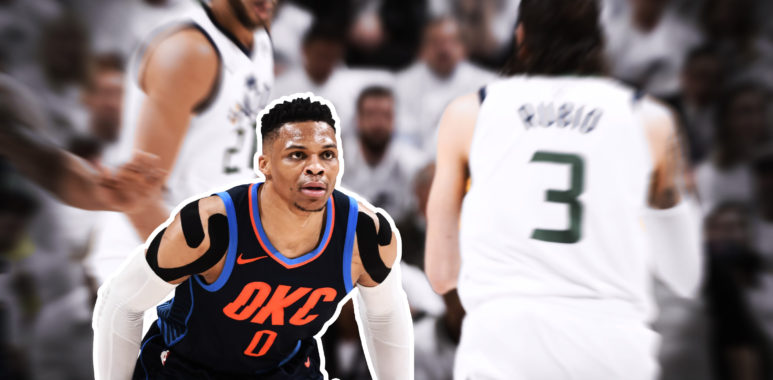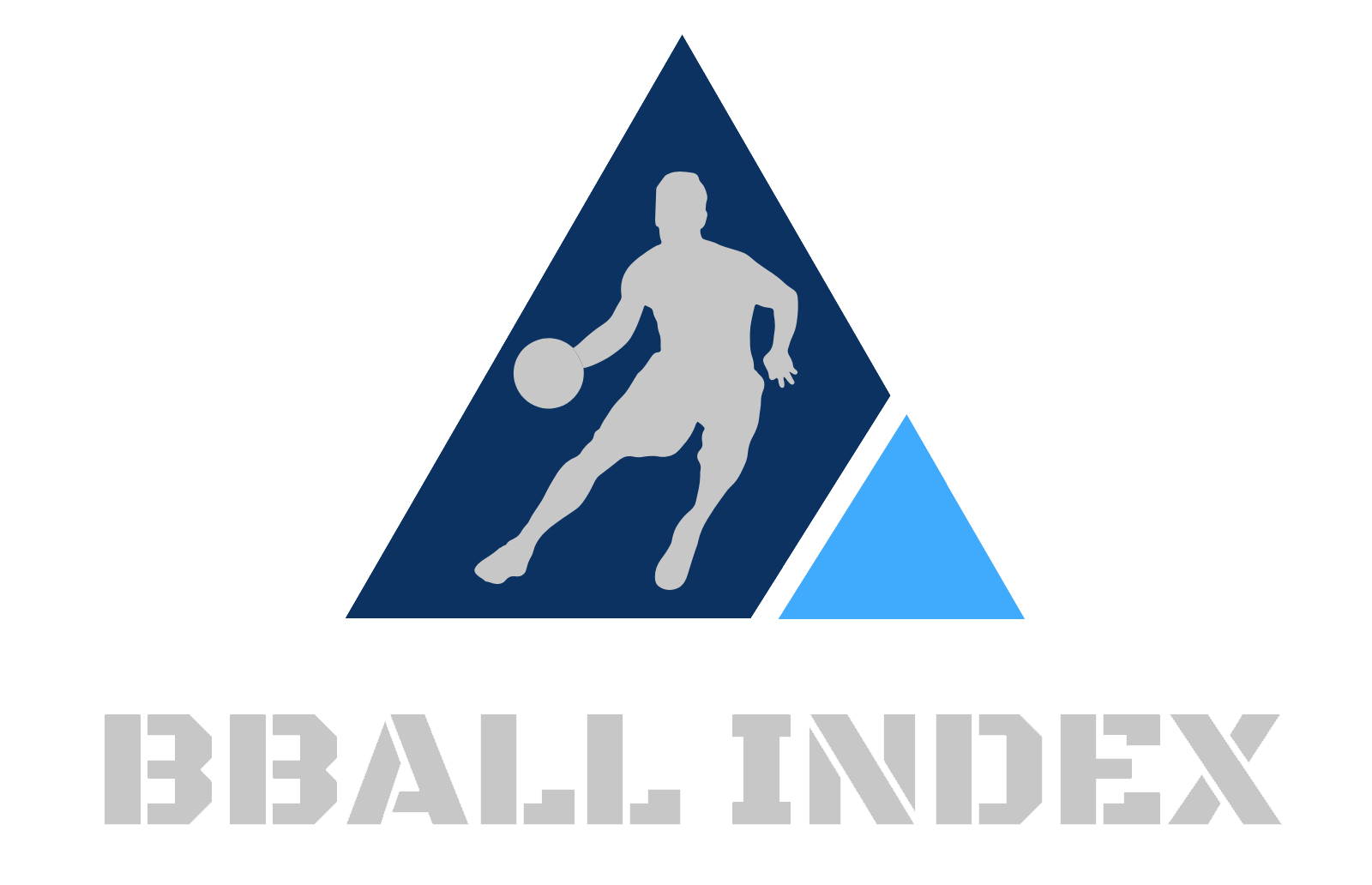
Talent vs Impact Stats
Impact Stats
You can find impact stats all across the NBA landscape. “The Cavs were X points better per 100 possessions when LeBron James was on the court.”
At varying degrees they can adjust for teammates, opponents, specific lineups, and luck. Some adjust for nothing at all.
To rattle off just a few impact stats you may recognize: Real Plus Minus, Player Impact Plus Minus, Regularized Adjusted Plus Minus, Raw Net Impact.
These are valuable metrics (don’t use net impact). They tell us something. But interpreting impact stats can be tricky. We want to say that they tell us LeBron James is this good of a player. Or the most talented. Or the “best,” which can be a tricky interpretation.
But they don’t. They tell us how good the player’s team was when he was on the court. You have to toe that line.
We want impact stats to tell us how good a player is. We really do. But they can’t.
Thankfully, now we can.
Talent Stats
Through a hard summer of brainstorming, testing, researching, benchmarking, and lots of math, we’ve developed what we believe to be accurate talent grades for players.
What is the difference between impact and talent? Context.
Context is made up of several components, all relating to the player’s situation and team:
- The team’s offensive scheme. There are varying levels of ability for the Xs and Os used in the NBA. Some teams run beautiful plays that pressure the defense and open up better scoring opportunities for players. Others don’t do much to help their guys out.
- The player’s role within that scheme. In general, if we take a wing and deploy them like a point guard we probably won’t see results as good as if we play them like a wing. If we take a sharpshooter like Kyle Korver and deploy them like LeBron James, that’s a lot different than if you use Kyle Korver as an off-ball shooter off of screens. Optimizing impact by matching talent with role is important.
- The player’s fit with the rest of the team. If your team’s roster is devoid of shot creation other than you, your impact on the team’s scheme and on your teammates will likely be more than it otherwise would be.
- The player’s teammates. Playing alongside LeBron James will help you in ways that playing alongside D. J. Mbenga will not.
There may be more factors, but those are the major ones we’ve identified so far. Each of those will impact player performance and impact.
So we did everything we could to remove context. And that has left us with talent grades, which tell us how good a player is at a given skill set once you separate them from those influencing contextual factors.
